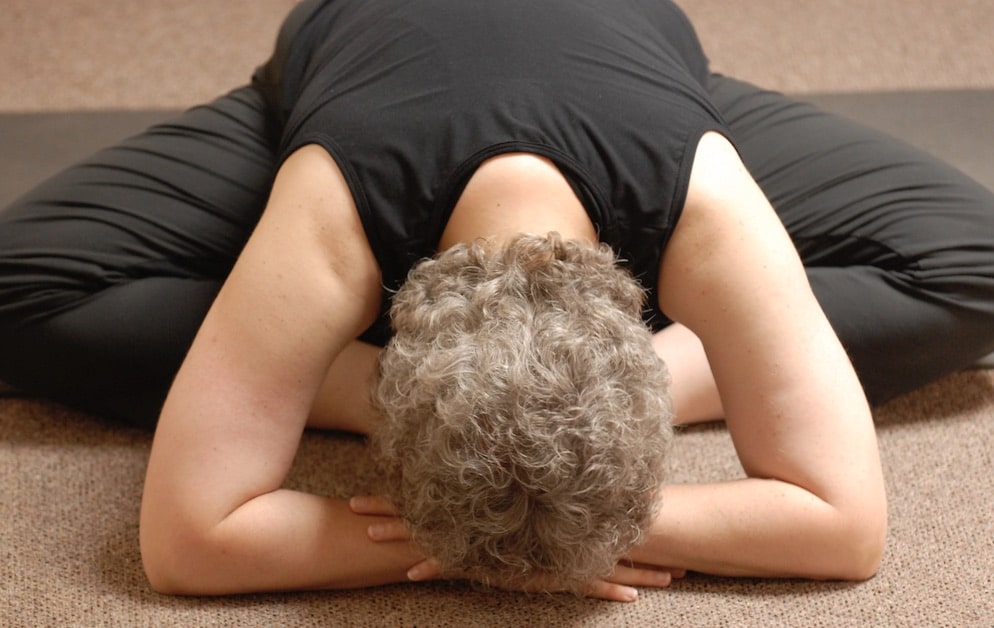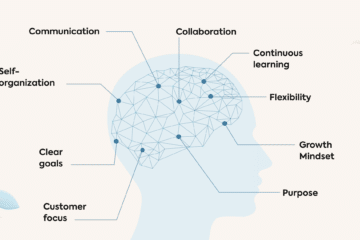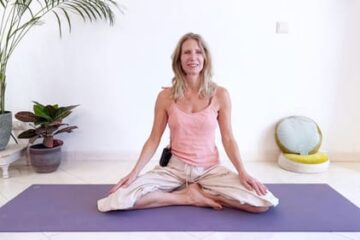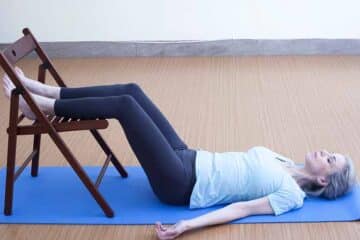Yin Yoga is not just a physical practice; it is deeply rooted in a rich philosophical foundation that goes beyond the postures and stretches.
In this exploration of Yin Yoga philosophy, we delve into the principles and concepts that guide this contemplative practice, offering insights into its spiritual essence and the connection between the body, mind, and spirit.
Yin and Yang Duality
At the core of Yin Yoga philosophy lies the ancient Chinese concept of Yin and Yang, representing the complementary forces of nature.
Yin, associated with receptivity and stillness, is mirrored by the dynamic and active nature of Yang. In Yin Yoga, the practice aims to find balance by embracing the qualities of both Yin and Yang, acknowledging the interplay of opposites.
Meridian Theory
Central to Yin Yoga is the understanding of the meridian system, derived from traditional Chinese medicine. Meridians are energy pathways in the body, and each Yin Yoga pose is designed to stimulate and nourish specific meridians. This philosophy views the body as a network of interconnected channels, emphasizing the holistic approach to well-being.
Mindfulness and Presence
Yin Yoga places a strong emphasis on mindfulness and being present in the moment. The extended holds in poses encourage practitioners to cultivate a heightened awareness of sensations, thoughts, and emotions. This mindfulness fosters a deep connection with the self and a sense of inner tranquility.
Acceptance and Surrender
The philosophy of Yin Yoga encourages acceptance and surrender to the present moment. Unlike more dynamic yoga practices, Yin Yoga invites practitioners to let go of the need for control, embracing the natural unfolding of each pose and allowing the body to release tension over time.
The Role of Breath
Breath is a fundamental aspect of Yin Yoga philosophy. Conscious and steady breathing not only enhances the flow of energy but also serves as an anchor for the mind. The breath becomes a guiding force, helping practitioners navigate the stillness and intensity of the poses.
Self-Exploration and Inner Journey
Yin Yoga is a pathway to self-discovery and inner exploration. As practitioners hold poses in stillness, they may encounter physical and emotional sensations, providing an opportunity to delve into the layers of the self and uncover insights that extend beyond the mat.
Integrating Meditation
Meditation is seamlessly woven into the fabric of Yin Yoga philosophy. The practice encourages a meditative mindset, fostering a tranquil and reflective space for individuals to connect with their inner essence and cultivate a sense of inner peace.
Conclusion
Yin Yoga philosophy offers a profound framework for those seeking a more contemplative and holistic approach to their yoga practice.
By embracing the principles of Yin and Yang, understanding the meridian system, and cultivating mindfulness, practitioners embark on a transformative journey that transcends the physical postures, connecting the body, mind, and spirit in a harmonious dance of self-discovery and well-being.



